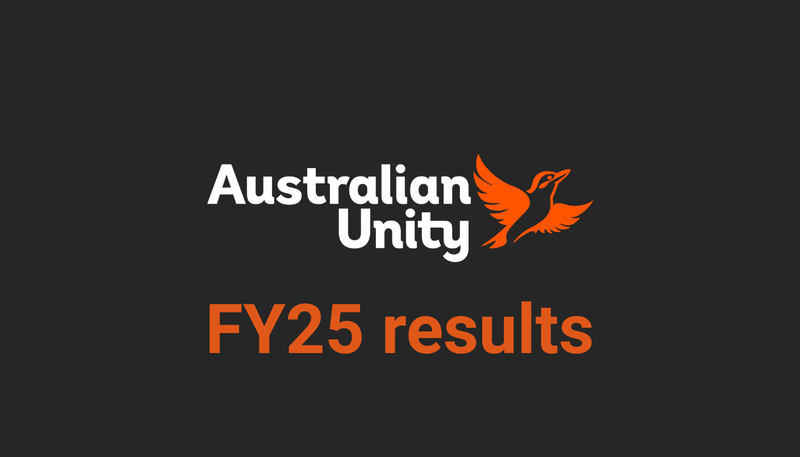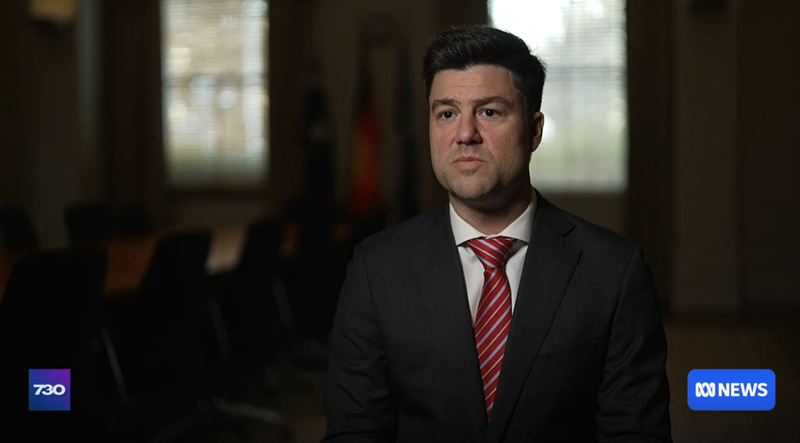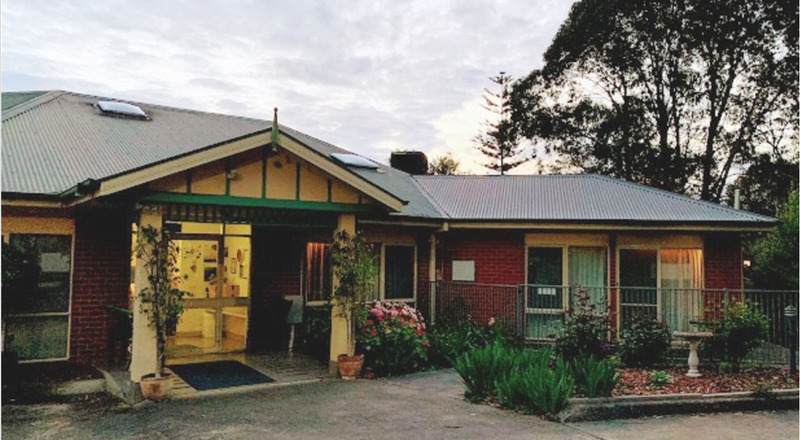2024 and beyond years of "brutal" reforms: Jason Binder, Respect Aged Care CEO
2024, and until 2027, and probably beyond, are to be "brutal" years of reforms: Jason Binder, Respect Aged Care CEO

The rapid pace of reform has been one of the biggest themes of 2023, and is set to continue next year and beyond. The challenges of the reforms, combined with higher regulatory and care standards and staff shortages, are making it increasingly difficult for small, standalone aged care operators, particularly those in the regions, to keep their heads above water. "The workload and business and governance risk is getting too much for a small team," Jason Binder, CEO of Not For Profit aged care turnaround specialists Respect Aged Care, told The Weekly SOURCE.
"The amount of change in aged care is brutal, and I feel sorry for managers and boards who have to identify, digest, and implement all of that on their own."
In 2022-23, 32 aged care homes closed, after 33 closing in both 2022-21 and 2021-20, according to the Department of Health and Aged Care. Many closures are attributed to a combination of funding shortfalls, tougher regulation and staff shortages. Smaller operators are also selling out to larger organisations like Respect Aged Care, and the sector is consolidating. The 10 largest aged care providers now account for more than 26% of total aged care places, according to recent data from Bolton Clarke. The number of aged care beds overall is increasing, but not quickly enough to meet the care needs of an ageing population. Between 30 June 2022 and 30 June 2023, according to data from the Department, the number of operational aged care places across Australia only grew by 1,502 - far fewer than the 8,000 beds Aged Care Minister Anika Wells forecast last year would be needed.
Broad skills needed to run an aged care home
Respect Aged Care is often approached by providers concerned about becoming overwhelmed by the requirements placed on them. The provider now has 22 aged care homes, mostly regional, in Tasmania, NSW, and Victoria. Respect Aged Care has a team of specialists who can take on the burden of the work needed to run homes that meet contemporary standards.
"We have a quality department with legal interpretation, policy writers, quality auditors, and educators, so whilst it's hard, it's not at a level where it's overwhelming or opening our organisation up to risk," Jason said.
Due to its expansion, Respect now has an "integration and transformation team" whose sole purpose is to integrate new homes and bring them up to standard through a process of "gap analysis".
"We have a standard every home needs to reach to provide the level of care that older people deserve, environment where staff flourish, and programs to engage the community, and through a program of gap analysis the team lifts the standard and integrates the home into Respect. "That includes quality and compliance, human resources, finance, information technology, sales and marketing, property and styling, food and services, social care and volunteer program, and community programs."
Spreading skills across a team
Another issue small operators face is a lack of depth in their management team. When key leadership depart, there aren't the skill there to replace them. "Often, we find with smaller providers, particularly in regional areas, that that they have had a long-standing CEO that has built a lot of aged care knowledge over time but when that CEO leaves and another person is appointed, the organisation loses most of the knowledge about what it takes to operate a sustainable aged care home," Jason said. "This is a real danger for smaller organisation boards, and often when Respect is asked to operate a home it's because of this. Everything worked great with the previous CEO, but when the CEO left, the board appointed another CEO and didn't get the same skills or knowledge to operate at the required clinical or financial level as before.
"When Respect is running a home, we don't have this problem, because the skills and knowledge is not retained in one or two people, it's retained across systems and processes, but many people, so losing one or some of those people doesn't affect the care or financial performance."
2024, and until 2027, and probably beyond, is set to be another "brutal" year of reforms. Earlier this year, Jason told us Respect's target is for 200 homes within 10 years. On current trends, it seems possible.
"We do have aspiration to be a big provider, and I think a big provider will end up 200 homes. Whether we reach that or not, who knows?" Jason said.





